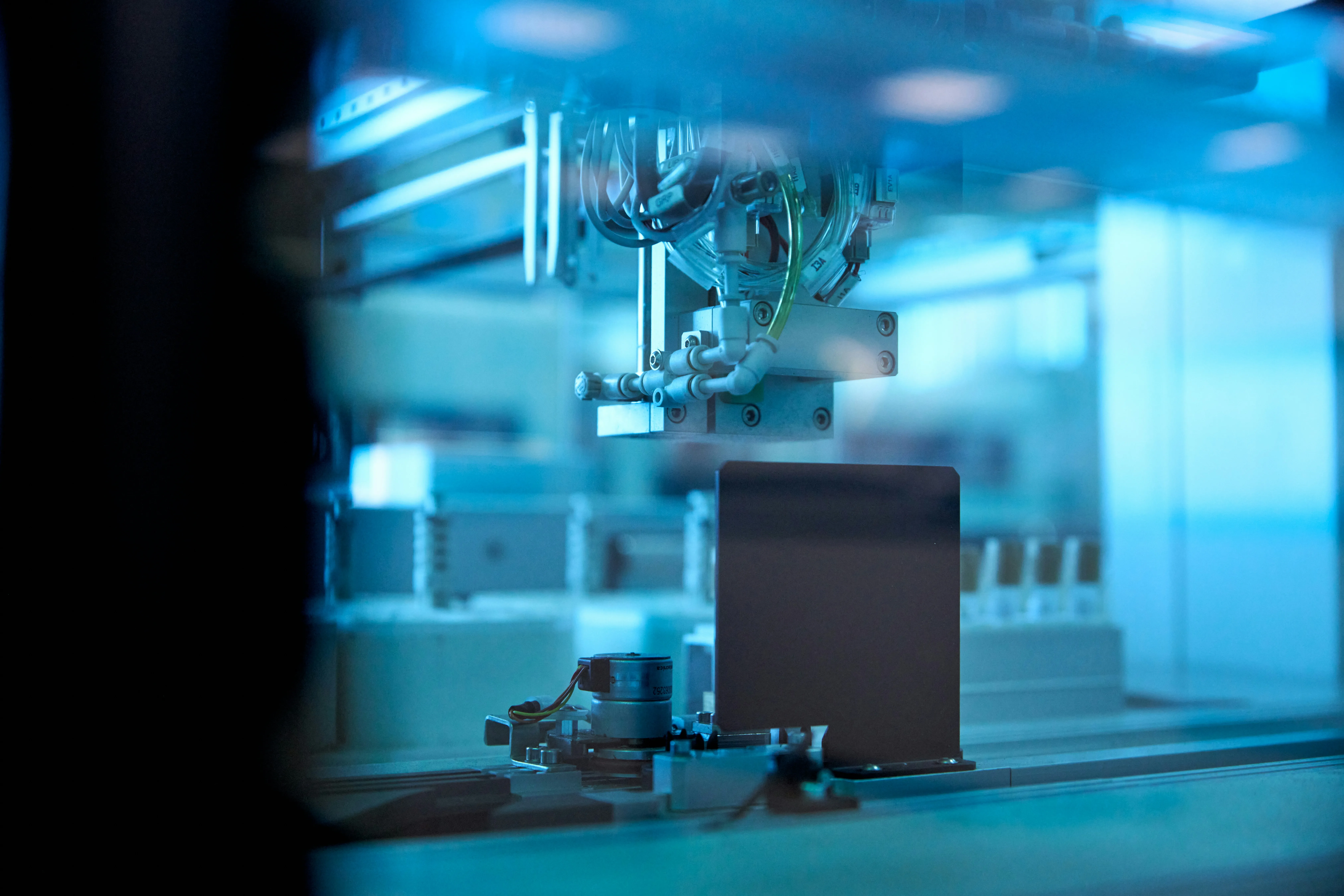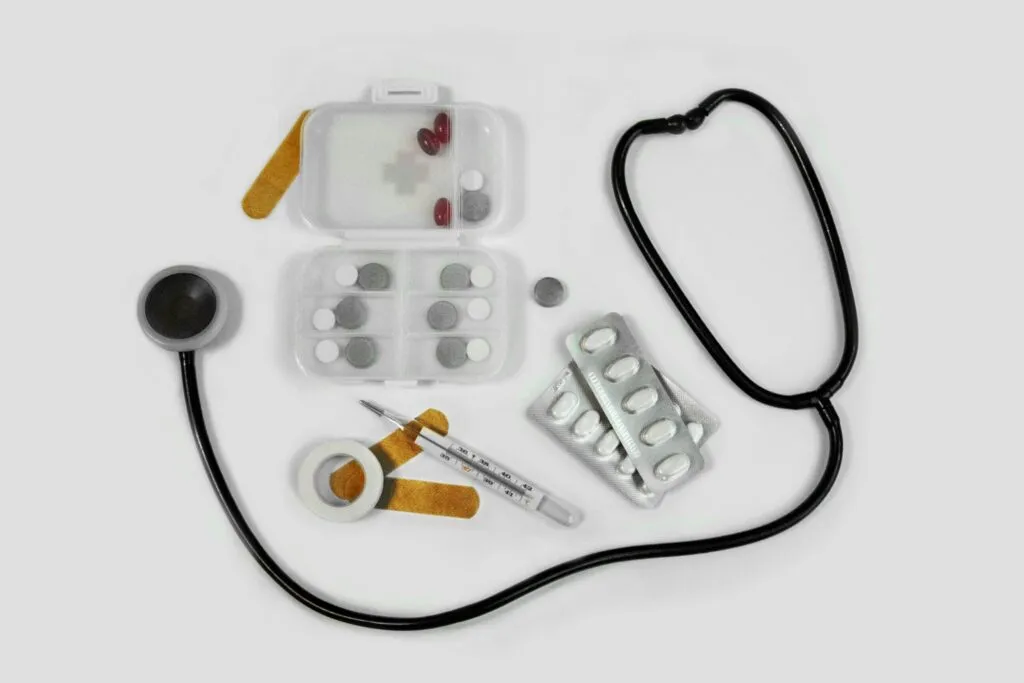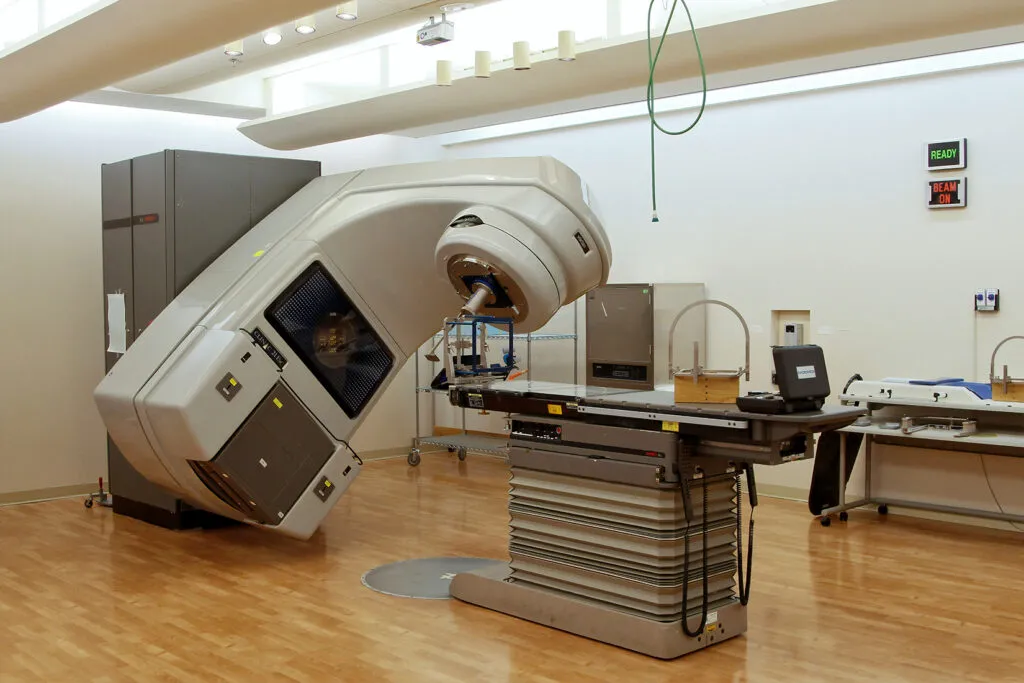Transportation Solutions for the Medical and Surgical Supplies Industry

Reliable and efficient transportation services are integral to the functioning of the healthcare sector. They ensure the availability of medical supplies, devices, and equipment, contribute to emergency response efforts, and support the overall efficiency of the healthcare supply chain. By facilitating the seamless movement of resources, transportation services enable healthcare providers to deliver timely and high-quality care to patients.
An efficient transportation network contributes to an overall streamlined healthcare supply chain. From the manufacturing of medical products to their distribution and eventual use, a well-organized transportation system minimizes delays and disruptions, ensuring a steady flow of essential healthcare items.
The Significance of Specialized Transportation in Healthcare
Transporting medical supplies and devices requires specialized attention to temperature control, handling sensitivity, and regulatory compliance. Many pharmaceuticals and sensitive medical equipment, such as vaccines and diagnostic tools, necessitate adherence to cold chain logistics or climate-controlled environments during transportation to preserve their efficacy. Fragile instruments and devices demand secure packaging and measures to minimize vibration or shock that could affect functionality. Regulatory compliance, including Good Distribution Practice guidelines, pharmaceutical serialization, and adherence to customs and import/export regulations, is crucial for legal compliance and patient safety. Transportation services must navigate these complexities to ensure the integrity, safety, and effectiveness of medical products throughout the supply chain, contributing to the overall efficiency and reliability of healthcare delivery.
Efficient healthcare transportation directly impacts the availability of essential medical products, patient care quality, and overall system responsiveness. Timely and reliable transport ensures a continuous supply chain for pharmaceuticals, diagnostic equipment, and life-saving devices, reducing the risk of shortages. Quick and secure movement is crucial for emergency preparedness, enabling swift responses to crises or natural disasters. The seamless flow of goods enhances system responsiveness, allowing healthcare providers to adapt to changing needs. Ultimately, efficient transportation is pivotal for maintaining the resilience, effectiveness, and quality of the healthcare system.

Challenges in Transporting Medical and Surgical Supplies
Transporting medical and surgical supplies involves several challenges, including logistical complexities and regulatory compliance issues. These challenges can significantly impact the timely and safe delivery of essential healthcare materials. Below is an outline highlighting some of the key challenges in this domain:
Logistical Complexities:
- Temperature control. Many medical supplies, such as vaccines, blood products, and certain medications, are temperature-sensitive. Maintaining the required temperature during transportation is crucial to preserving their efficacy.
- Fragility and Sensitivity. Surgical instruments and medical devices are often fragile and sensitive. Specialized packaging and handling are necessary to prevent damage during transit.
- Custom packaging and labeling. Compliance with regulations often demands specific packaging and labeling standards, adding complexity to the logistics. Failure to meet these standards may result in delays or even rejection at customs.
- Timeliness and urgency. Urgent medical situations require timely deliveries. Delays can have critical consequences for patient care, making it essential to ensure timely and reliable transportation.
- Global supply chain challenges. Events like natural disasters, pandemics, or geopolitical tensions can disrupt global supply chains, affecting the availability and delivery of medical supplies.
- Last-mile challenges. Some regions may lack proper infrastructure, making last-mile delivery challenging. Rural or conflict zones may pose additional hurdles.
Regulatory Compliance:
- Customs and import/export regulations. Complying with diverse international customs regulations necessitates accurate and thorough documentation. Incomplete or inaccurate paperwork can lead to delays and fines.
- Quality assurance. Regulatory bodies often require strict quality control measures to be in place. This includes tracking and monitoring conditions during transportation to guarantee product integrity.
- Licensing and Certification. Transporting medical devices may require adherence to specific licensing and certification processes. Non-compliance can result in legal consequences and product recalls.
- Data security and privacy. Medical supplies may include items with patient data or information. Compliance with data protection laws is crucial to avoid legal repercussions.
- Cultural and ethical considerations. Different regions may have unique cultural or ethical considerations regarding certain medical supplies. Understanding and respecting these nuances is essential for compliance.
- Emergency use authorization. Special Approvals: During emergencies, obtaining special authorizations for the transportation of specific medical supplies may be necessary. This adds an additional layer of complexity to regulatory compliance.
Advanced Solutions for Medical Logistics
In order to handle the particular difficulties involved in shipping surgical and medical supplies, advanced medical logistics solutions make use of cutting-edge technologies and specialized transportation services.
Innovative Technologies:
- Cold chain management. Utilizing Internet of Things (IoT) devices and sensors for real-time monitoring of temperature-sensitive medical supplies during transportation. This ensures compliance with temperature requirements and early detection of any deviations.
- Blockchain for traceability. Implementing blockchain technology for enhanced transparency and traceability in the supply chain. This helps verify the authenticity of medical products, reduce the risk of counterfeit drugs, and streamline regulatory compliance.
- Predictive analytics. Applying predictive analytics to anticipate demand, optimize inventory levels, and improve overall supply chain efficiency. This ensures that medical supplies are readily available when needed, minimizing the risk of shortages.
- Autonomous vehicles and drones. Using autonomous vehicles and drones for the last-mile delivery of medical supplies. This can significantly reduce delivery times, especially in remote or challenging terrains, ensuring timely access to critical healthcare materials.
- Artificial Intelligence (AI) in routing. AI-powered algorithms for dynamic route optimization, considering factors such as traffic, weather, and real-time demand. This minimizes transit times and improves the overall efficiency of transportation networks.
- Augmented Reality (AR) for training. Implementing augmented reality for training personnel involved in the handling and transportation of medical supplies. This ensures that staff is well-equipped to deal with sensitive and high-value items.
Customized Transportation Services:
- Specialized packaging solutions. Incorporating smart packaging solutions with sensors and indicators to monitor the condition of medical supplies. This includes features such as shock sensors for fragile items and indicators for temperature-sensitive products.
- On-demand logistics platforms. Leveraging on-demand logistics platforms that allow healthcare providers to request transportation services based on their specific needs. This flexibility ensures that supplies reach their destination promptly.
- Dedicated medical transport networks. Establishing dedicated transport networks for medical supplies, separate from general cargo. This reduces the risk of contamination, ensures priority handling, and facilitates adherence to regulatory requirements.
- Collaborative logistics partnerships. Collaborating with logistics partners to create integrated supply chain solutions. This includes close coordination between manufacturers, distributors, and transportation providers to streamline the entire process.
- Remote monitoring and intervention. Setting up centralized monitoring centers equipped with advanced technologies to track shipments in real-time. These centers can intervene quickly in case of deviations from optimal conditions, ensuring product integrity.
- Climate-controlled storage facilities. Investing in climate-controlled storage facilities strategically located to support efficient distribution. These facilities play a crucial role in maintaining the integrity of temperature-sensitive medical supplies.

The Role of Professional Transportation Services
As a vital link in the healthcare supply chain, professional transportation services are vital to the medical and surgical supplies business. These services are equipped with specialist handling and packaging skills and guarantee the safe transportation of a variety of goods, including delicate surgical instruments and drugs sensitive to temperature. They have temperature-controlled logistics in place, including refrigerated vehicles, that allow them to comply with cold chain regulations and maintain the effectiveness of medical supplies while they are in transit. Professional transportation services excel in precisely timed emergency reactions, enabling prompt responses to crises and guaranteeing the timely delivery of essential supplies.
Such services are essential in handling the worldwide scope of the medical supply sector. By navigating customs processes, international shipping, and various regulatory frameworks, they help to maintain the stability of the global healthcare supply chain. In addition, professional transportation services place a high priority on regulatory compliance, following other health and safety regulations, as well as Good Distribution Practice (GDP) principles. Their patient-centered approach acknowledges the direct influence on the provision of healthcare, guaranteeing the timely delivery of medical and surgical supplies to healthcare facilities and empowering healthcare providers to give complete and timely treatments, surgeries, and interventions. In general, the medical and surgical supply sector depends heavily on professional transportation services to be responsive, efficient, and reliable.
In Conclusion
The essential role of specialized transportation in the medical and surgical supply chain cannot be overstated. As previously said, specialized transportation services guarantee the timely, precise, and compliant delivery of vital healthcare resources, such as delicate surgical tools and temperature-sensitive medications. These services have a direct impact on the provision of healthcare by enabling prompt emergency responses, reducing disruptions, and improving the general standard of patient care.
For healthcare providers and medical supply companies seeking a reliable partner in transportation services, Carolina Logistics stands out. With a proven track record of providing quality transportation services, Carolina Logistics understands the unique requirements of the medical and surgical supplies industry. Our commitment to specialized handling, global supply chain management, and regulatory compliance positions us as a trusted ally in ensuring the seamless flow of essential healthcare resources. Consider the advantages of partnering with Carolina Logistics to enhance the efficiency, reliability, and responsiveness of your medical supply chain, ultimately contributing to improved healthcare delivery and patient outcomes.
